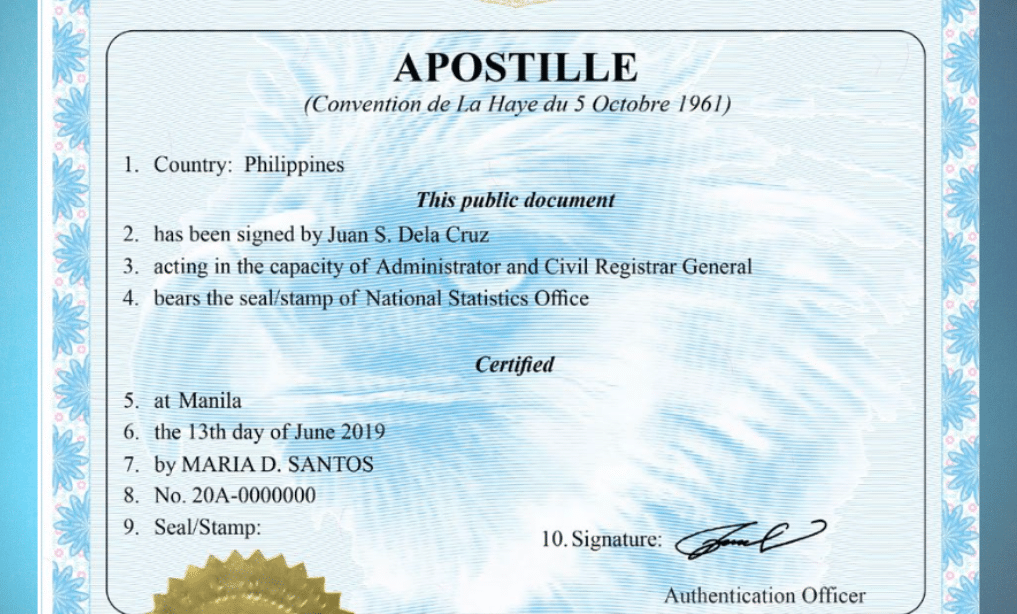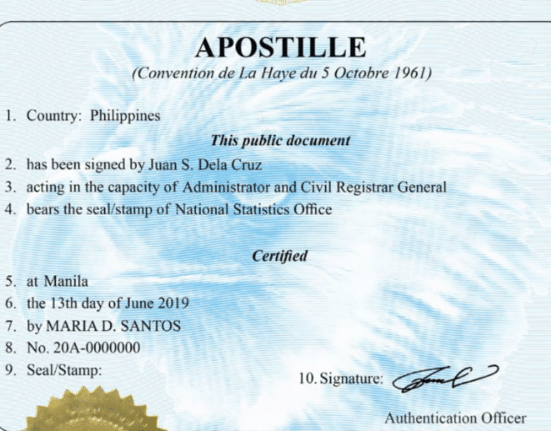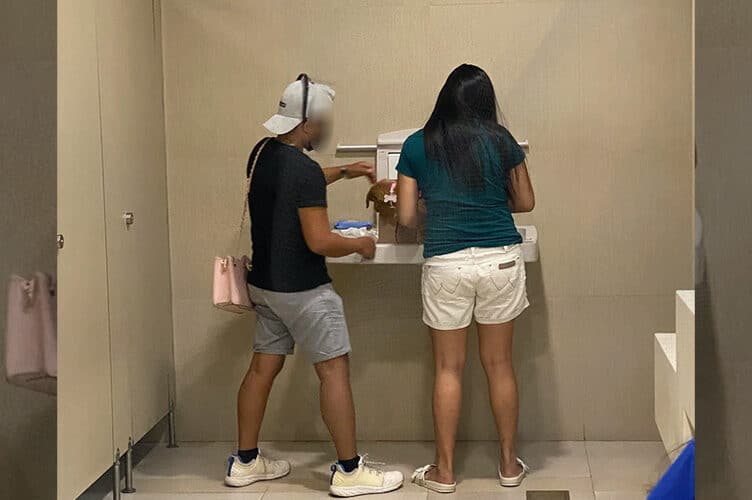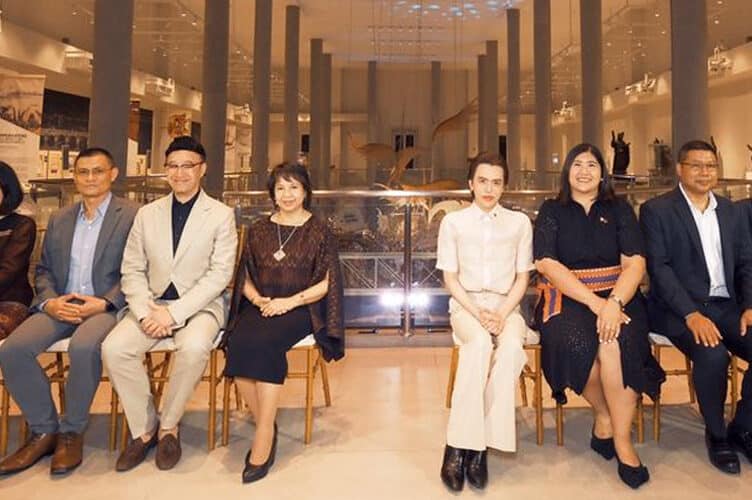The Department of Foreign Affairs has launched a new portal for online appointments to apply for Apostilles or certificates of authenticated public and private documents.
The new portal is https://www.apostilleonline.ph/.
The department recently migrated its online Apostille appointment from http://dfa.gov.ph/apostille-appointment.
Like in the online passport appointment system, online appointments to apply for Apostilles are on a first-come, first-serve basis.
The DFA advised the public, especially OFWs, to “exercise extreme caution” when dealing with individuals offering assistance to expedite their appointment.
“The online appointment service is free of charge. There are no expedited appointments,” the DFA said.
Apostilles issued starting January 2023 may also be verified online from the same portal.
Who can apply online?
The online appointment facility can be availed by:
- the owners of the documents
- Immediate family members of the document owners (proof of kinship must be presented)
- Authorized representatives who are not family related, including liaison officers of travel or recruitment agencies
Authorized representatives are only allowed to apply for documents of three applicants per day.
Can I apply for a walk-in?
Yes, you can. But only limited slots are available depending on the capacity of the Consular Office.
Who can apply for a walk-in?
- the owners of the documents
- Immediate family members of the document owners (proof of kinship must be presented)
Where can I walk in?
You can apply directly at the DFA Office of Consular Affairs Division at ASEANA Business Park along Macapagal Ave. in Parañaque.
Other DFA consular offices in Metro Manila, Mandaue City, San Fernando, Pampanga and Davao City also accept walk-in applicants.
The list of consular offices are here: https://dfa-oca.ph/authentication/authentication-general-info/
What is Apostille?
Filipinos working, studying or living overseas must present public documents from the Philippines for their legal transactions. But countries overseas would like to know that the papers presented to them are not forged.
So they need a government agency in the Philippines which will stamp the documents as authentic. Before, the authentication process was colloquially called “red ribbon” as the verified documents have a red ribbon on their stamp. Now, they are called “Apostille,” from the international convention to which the Philippines became a party.
The DFA Office of Consular Affairs is the agency that is responsible for the authentication of documents.
Just a little caveat: Not all countries are Apostille members. To check if your country of destination or needs your document is a party to the convention, click here: https://www.hcch.net/en/instruments/conventions/status-table/?cid=41
If the country you are going to is not an Apostille member, you have to go to their embassy after securing your Apostille certification.
What documents can be authenticated?
Here are some of examples of documents that need authentication:
- birth certificates, marriage certificates, Certificate of No Marriage (CENOMAR) or other documents issued by the Philippine Statistics Authority
- Police or National Bureau of Investigation clearance
- Professional Regulatory Commission license
- Diploma, transcript of records, Form 137, a certificate from school/ good conduct certificate
- Special power of attorney or court documents
- Driver’s license
- SEC-issued business registration
- Certificate of employment
- Salary slips
- Medical certificate
For more details on the requirements for specific documents that need authentication, you may visit: https://dfa-oca.ph/documentary-requirements/
How useful was this post?
Click on a star to rate it!
Average rating 1 / 5. Vote count: 1
No votes so far! Be the first to rate this post.
We are sorry that this post was not useful for you!
Let us improve this post!
Tell us how we can improve this post?









